QUESTION:
What do the scholars of the Dīn and muftīs of the Sacred Law state regarding the following issue: Which actions are important in Wudū’, without which Wudū’ would be regarded as invalid. Please mention its method step by step so that I can easily understand and explain it to my children. Please can you also mention what invalidates Wudū’?
Questioner: Abdullah from UK
ANSWER:
بسم اللہ الرحمن الرحیم
الجواب بعون الملک الوھاب اللھم ھدایۃ الحق والصواب
There are four actions of Wudū’ which are most important that are known as farā’id [obligatory actions], in the sense that if one of these fard actions is left out, Wudū’ will not be valid, and when one’s Wudū’ is not fulfilled, then one’s Salāh is not fulfilled. The four farā’id are as follows:
- Washing the face: In other words, washing once the length of the face, which starts from the forehead where the hair usually grows from, until below the chin, and the width, being from one earlobe to the other.
- Washing both arms including the elbows: Meaning, the washing of both arms including the elbows such that not even one single hair remains dry from the fingertips up to and including the elbows.
- Wiping a quarter of the head: Meaning, having moistened the hand, wiping a quarter of the head.
- Washing both feet including the ankles: In other words, washing both feet including the ankles such that nothing remains dry.
Just as it is mentioned in Fatāwā Hindiyyah, etc.
Also, just as Allāh Almighty commands regarding these four matters, stating that,
{یٰۤاَیُّہَا الَّذِیۡنَ اٰمَنُوۡۤا اِذَا قُمْتُمْ اِلَی الصَّلٰوۃِ فَاغْسِلُوۡا وُجُوۡہَکُمْ وَاَیۡدِیَکُمْ اِلَی الْمَرَافِقِ وَامْسَحُوۡا بِرُءُ وۡسِکُمْ وَ اَرْجُلَکُمْ اِلَی الْکَعْبَیۡنِ}
{O believers! When you intend to stand up for prayer, wash your faces, and your hands up to (i.e. including) the elbows, and perform Mas’h (pass wet hands) over your heads and wash your feet up to (i.e. including) the ankles}
[Sūrah al-Mā’idah, v 6]
There are fourteen sunnahs of Wudū’, four of which are sunnah mu’akkadah [emphasised]; if anybody makes a habit of leaving these, such a person will be sinful. The remaining sunnahs are extra [i.e. ghayr mu’akkadah, meaning non-emphasised]; if someone does them, they will attain reward, if they leave them, there is no sin.
- Making niyyah [intention] for Wudū’ is sunnah mu’akkadah; just as it is mentioned in Fatāwā Ridawiyyah.
- Reciting Basmalah. If someone recites بِسمِ اللہِ وَالْحَمْدُ لِلّٰہ before Wudū’, then the angels will continue to write good deeds for such said person for as long as they remain in the state of Wudū’.
- Washing each body part [of Wudū’] thrice is sunnah mu’akkadah.
- Washing both hands up to the wrists thrice.
- Using Miswāk thrice, and Miswāk is a sunnah performed before Wudū’. Yes, it is (also) sunnah mu’akkadah when there happens to be a change in the mouth [in terms of smell, taste, etc].
- Rinsing the mouth thrice is sunnah mu’akkadah.
- Gargling if one is not fasting.
- Sniffling water into the nose three times using three half-handfuls of water; this is also sunnah mu’akkadah.
- Doing khilāl of the [i.e. passing over fingers over the other] fingers and toes.
- Doing khilāl of the beard [when not in the state of Ihrām].
- Wiping the whole head in one go.
- Wiping the ears.
- Maintaining the order of the fard actions (meaning, first washing the face, then the arms including the elbows, then wiping the head and finally washing the feet).
- Doing Wudū’ (of the body parts) consecutively, meaning washing one body part one after the other, before the other one dries i.e. simultaneously.
[Summarised from Fatāwā Ridawiyyah/Summarised from Bahār-e-Sharī’at, vol 1, part 2, pg 14-18]
The method of Wudū’
- First make the niyyah of Wudū’ and niyyah is the intention of the heart. Thus, make a verbal intention in the following manner: I am to perform Wudū in order to carry out the command of Allāh Almighty and to attain purity.
- Recite Basmalah as this is also sunnah. In fact, recite بِسمِ اللہِ وَالْحَمْدُ لِلّٰہ, as the angels will continue to write good deeds for such said person for as long as they remain in the state of Wudū’.
- Now wash the hands including the wrists thrice and also do khilāl of [i.e. interlock to pass over & dampen the gaps between] the fingers.
- Use the Miswāk on the right & left, upper & lower teeth at least thrice and also rinsing the Miswāk each time.
- Rinse the mouth out thrice using three handfuls of water with the right hand, such that each time [having closed the tap] water passes over every part of [the inside of] the mouth. If one is not fasting, then gargle also.
- Then sniffle [half] a handful of water using the right hand up to the soft bone in the nose thrice. If one is not fasting, then make it reach the hard bone [closing the tap each time].
- Then clean the nose using [the small finger of] the left hand [whilst leaving the tap closed].
- Wash the full face thrice, such that water completely flows from where the hair usually grows from to underneath the chin, and from one earlobe to the other.
- First wash the right arm, starting from the fingertips up to and including the elbows. Then do the same for the left arm. [It is mustahabb to wash till half the upper arm].
- Now there is no need to pass a handful of water up till the elbow; in fact (when there is no valid reason) it is regarded as wasting water. So now (whilst closing the tap), wipe the head such that one joins the tips of three fingers of both hands with each other, excluding both index fingers and thumbs, and then place them on top of the hair or scalp [of the forehead], moving them back till the back of the head [i.e. slightly above the back of the neck]. This should be done in such a way that no part of these [three] fingers separate from the hair, though the palms are to remain separate [i.e. not touch the top of the head]; one should only wipe the hairs at the top of the head [using the three aforementioned fingers]. Then pass the palms over, stretching them from the back of the head to the forehead; both the index fingers and thumbs should not touch the head at all during this time. Now wipe the insides of the ears using the index fingers, the back of the ears using the thumbs, and the ear hole using the small fingers. Finally, wipe the back of the neck using the back of the fingers.
- To finish off, wash first the right then the left foot thrice each, starting from the toes up to and including the ankles each time; in fact, it is mustahabb to wash up to half the shin. It is sunnah to do khilāl of the toes.
Just as it is mentioned in the books of mutūn.
Factors which invalidate Wudū’
- The ruling of breaking wind, urine and stool: Wudū becomes invalid by the breaking of wind, urinating or excreting, just as it is mentioned in the books of mutūn.
- Blood & pus: If blood, pus or any yellowish liquid exits anywhere [from the body] and flows, and it had the ability to flow i.e. spread to such an area of the body which is fard to wash in Wudū’ or Ghusl, then Wudū’ will become invalid.
[Bahār-e-Shari’at, vol 1, part 2, pg 26]
Note
In the case of injections going into the muscles, Wudū’ will only become invalid provided that such an amount of blood comes out that could actually flow. Whereas, in the case of intravenous (IV) injections [i.e. via the veins], blood is first drawn into the needle and its quantity is enough to make it capable of flowing, hence it would nullify Wudū’.
- Tears of an ailing eye: Tears which flow out due to an infection or illness of the eyes are impure and would also nullify Wudū’.
[Bahār-e-Shari’at, vol 1, part 2, pg 32]
- The ruling of vomiting whilst in Wudū’: Vomiting a mouthful of food, water or sour yellow liquid invalidates Wudū’. It is considered a mouthful when it cannot be prevented easily.
[Bahār-e-Shari’at, vol 1, part 2, pg 112]
- Sleep: There are two conditions rendering Wudū’ invalid when sleeping;
- Both buttocks not being seated firmly.
- Sleeping in a manner that does not prevent deep sleep.
When both conditions are met, meaning when both buttocks are not seated firmly and sleeping in a manner that does not prevent deep sleep, then such sleep will render Wudū’ invalid. If one of these conditions is met but not the other, then this will not render Wudū’ invalid.
Just as it is mentioned in Fatāwā Ridawiyyah.
- The ruling of laughing in salāh: If a mature person [i.e. bāligh – someone who has reached the age of puberty] laughed in such a salāh, which consists of Ruku’ and Sujūd, meaning to such an extent that those in his vicinity could also hear, then both his Wudū’ and salāh will be rendered invalid. If he laughed to the extent that only he himself could hear it, then only his salāh will be rendered invalid; his Wudū’ still remains. On a final note, smiling does not invalidate salāh nor Wudū’.
[Marāq al-Falāh & Hāshiyah Tahtāwī, pg 91]
- The ruling of Wudū’ when unconscious: Wudū’ becomes invalid from losing consciousness – just as it is mentioned in the books of mutūn.
واللہ تعالی اعلم ورسولہ اعلم صلی اللہ علیہ وآلہ وسلم
کتبہ ابو الحسن محمد قاسم ضیاء قادری
Answered by Mufti Qasim Zia al-Qadri
Translated by Haider Ali
Read the original Urdu answer here: [Q-ID0609] What is the method of Wudu? What are the Fard and Sunnah Acts? What breaks Wudu?
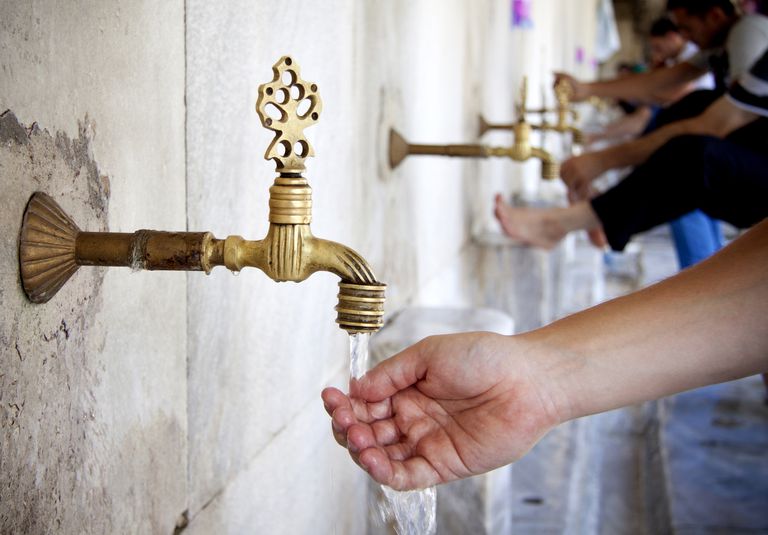

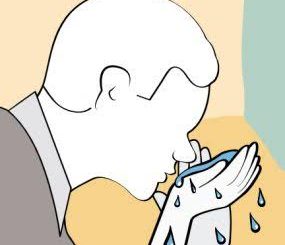
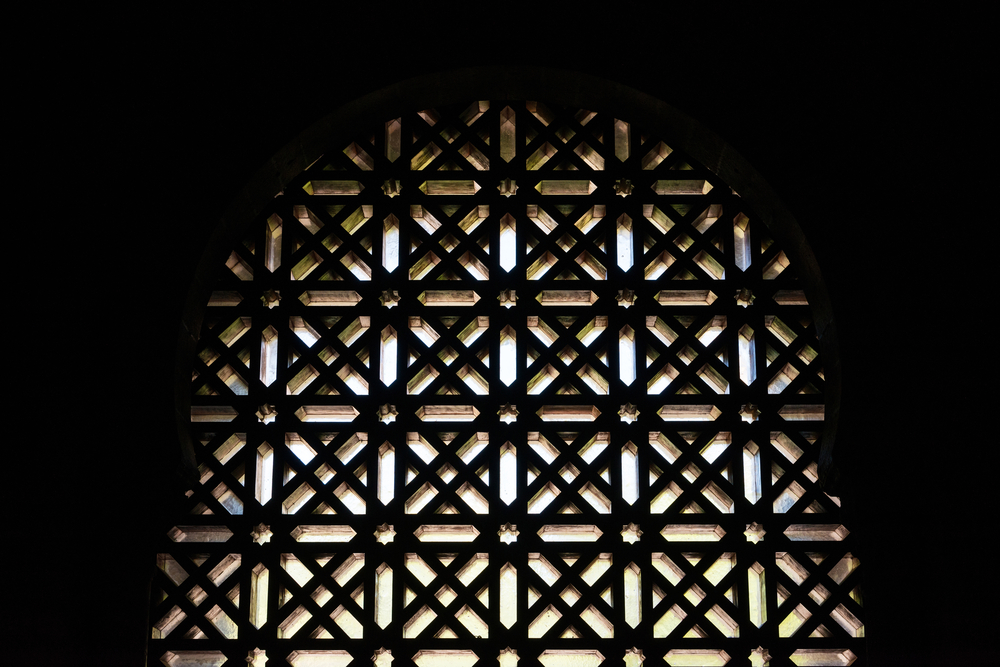



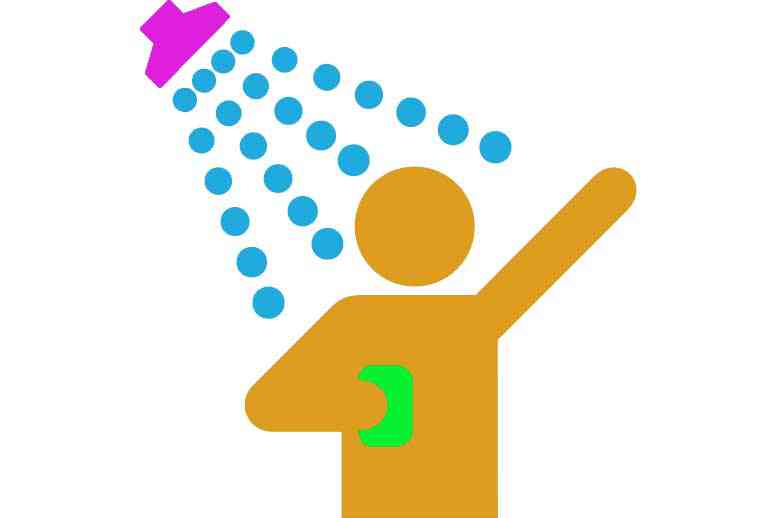
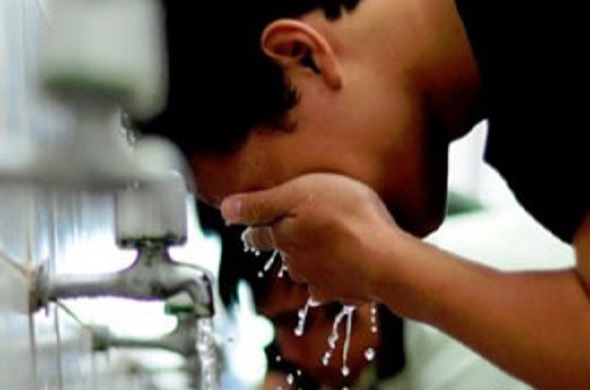

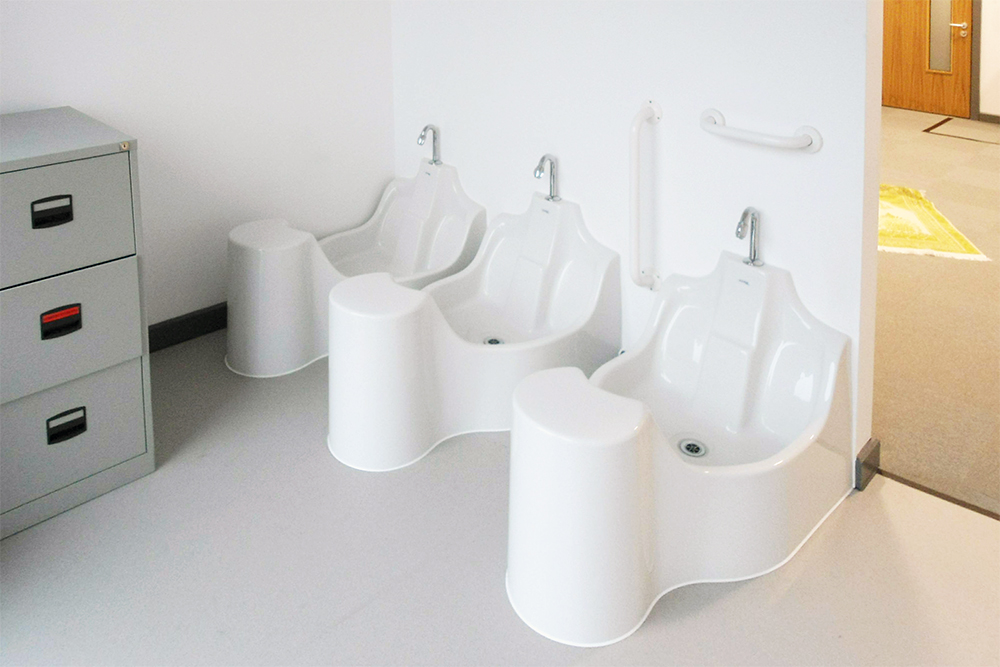

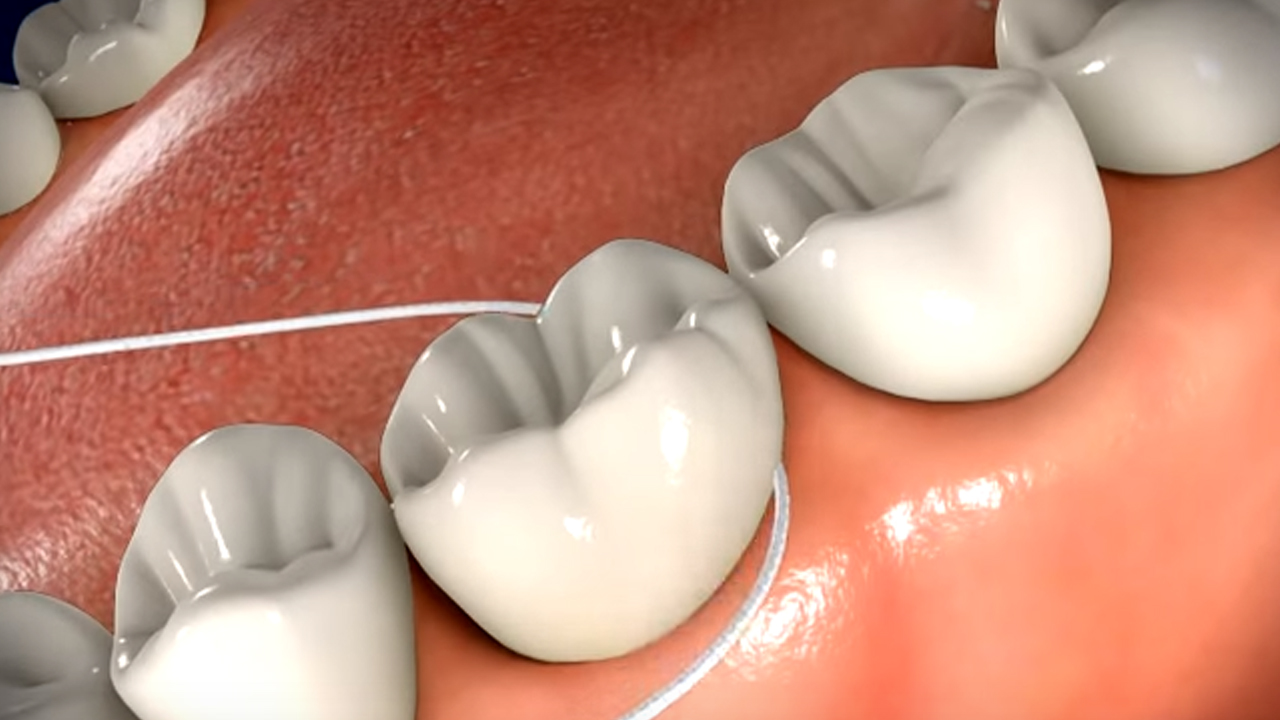





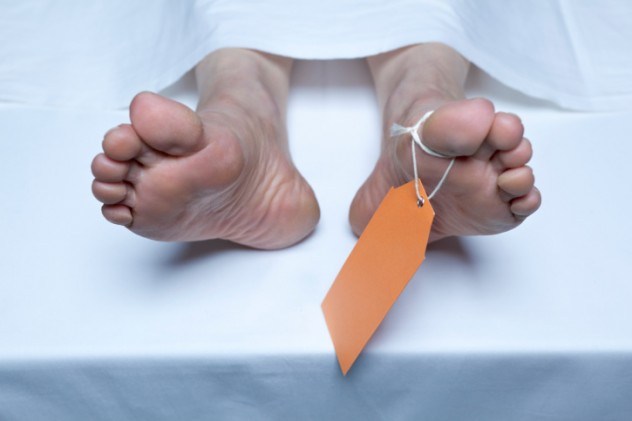

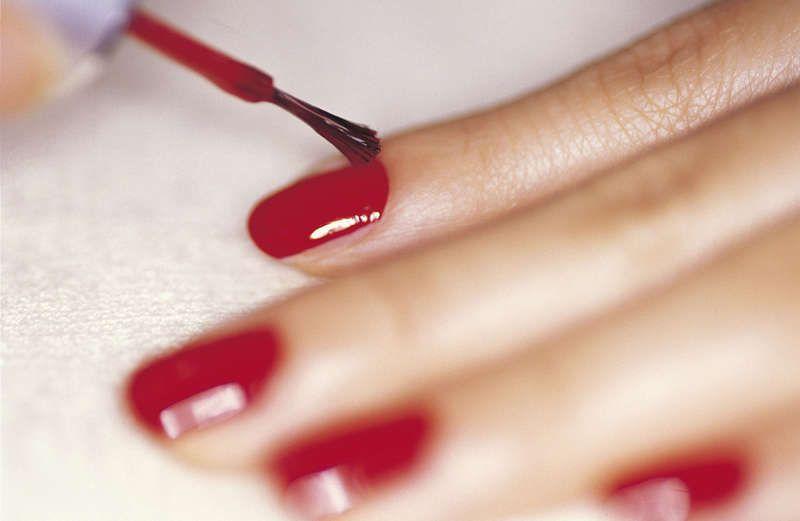



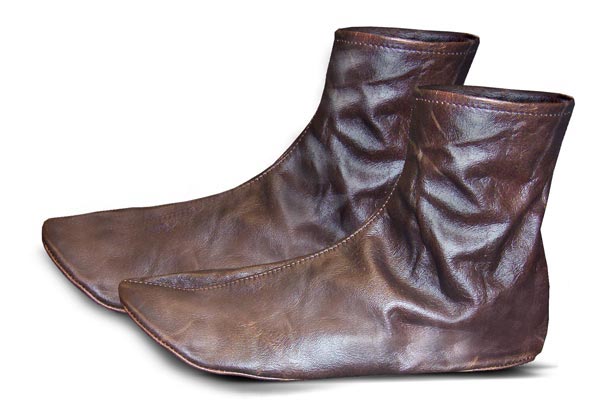
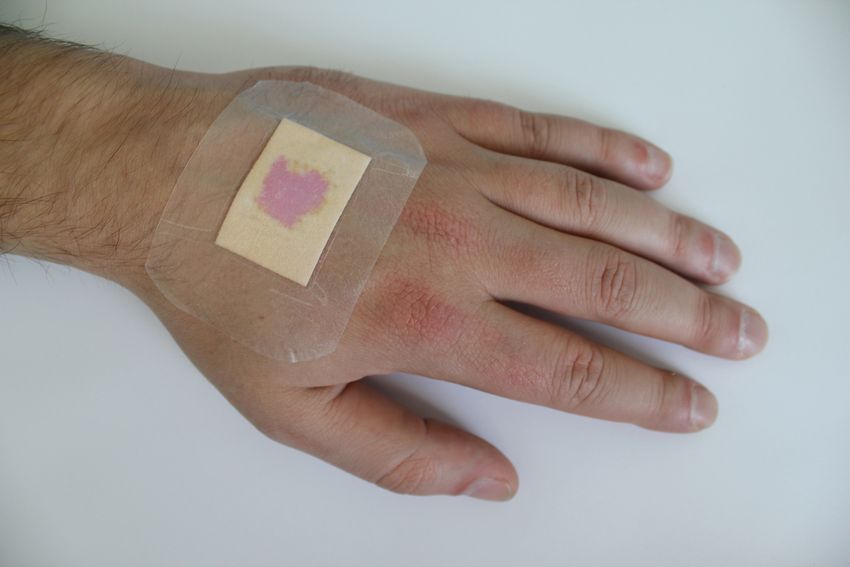

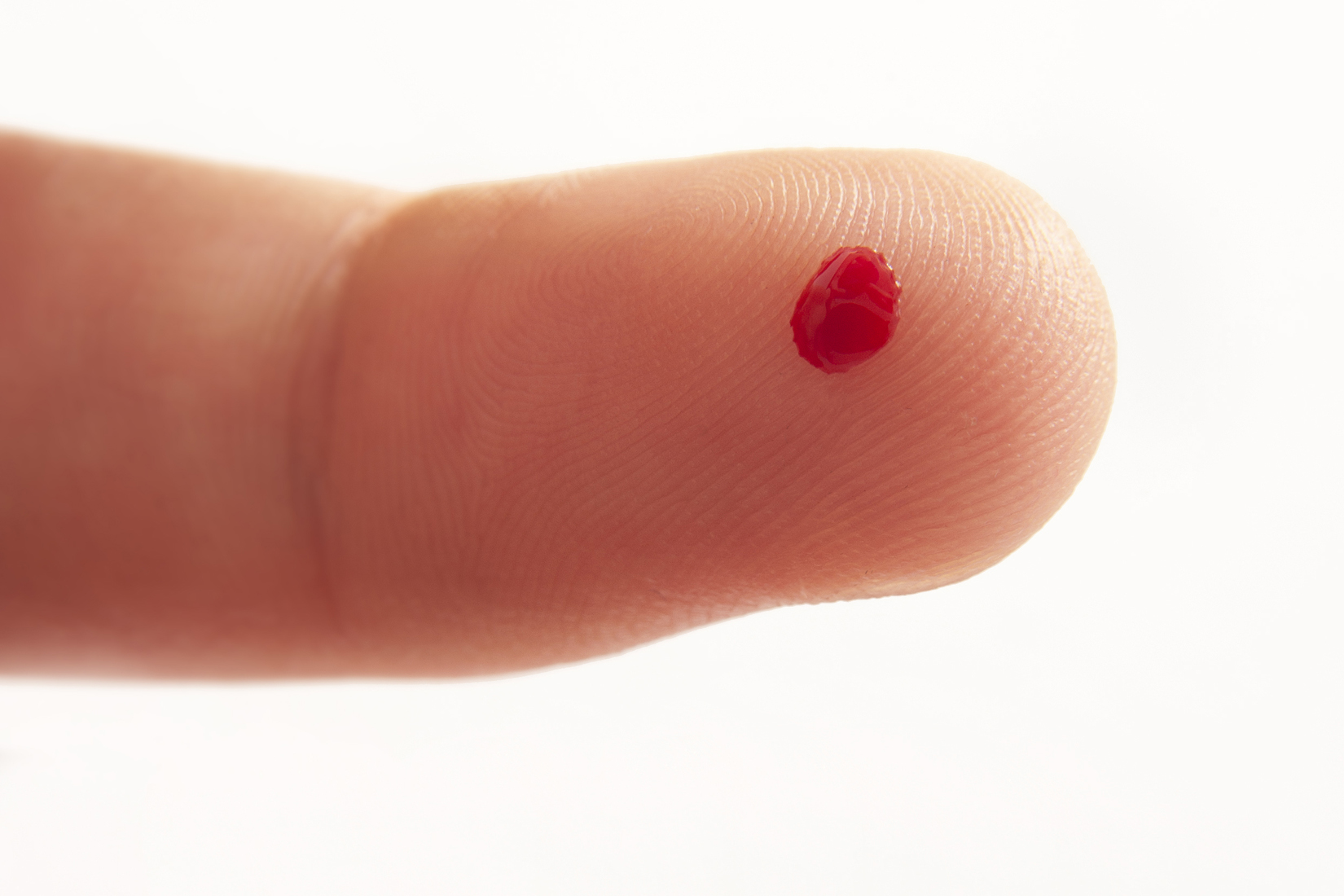
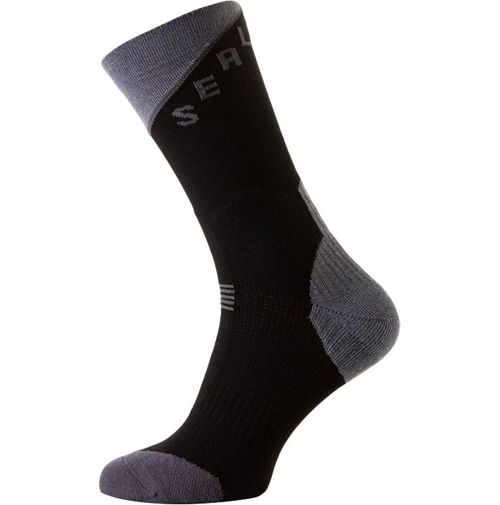



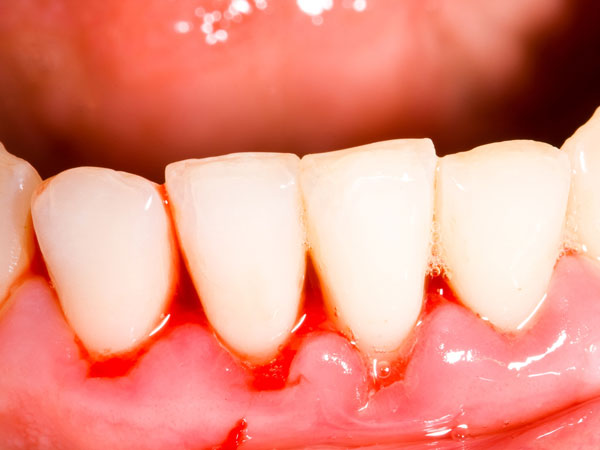
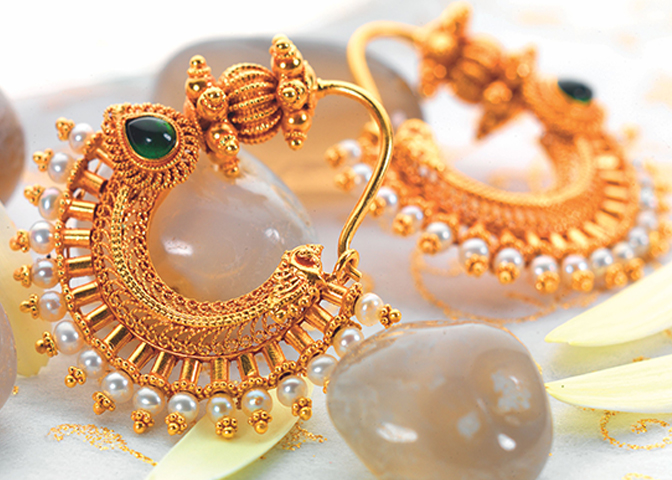

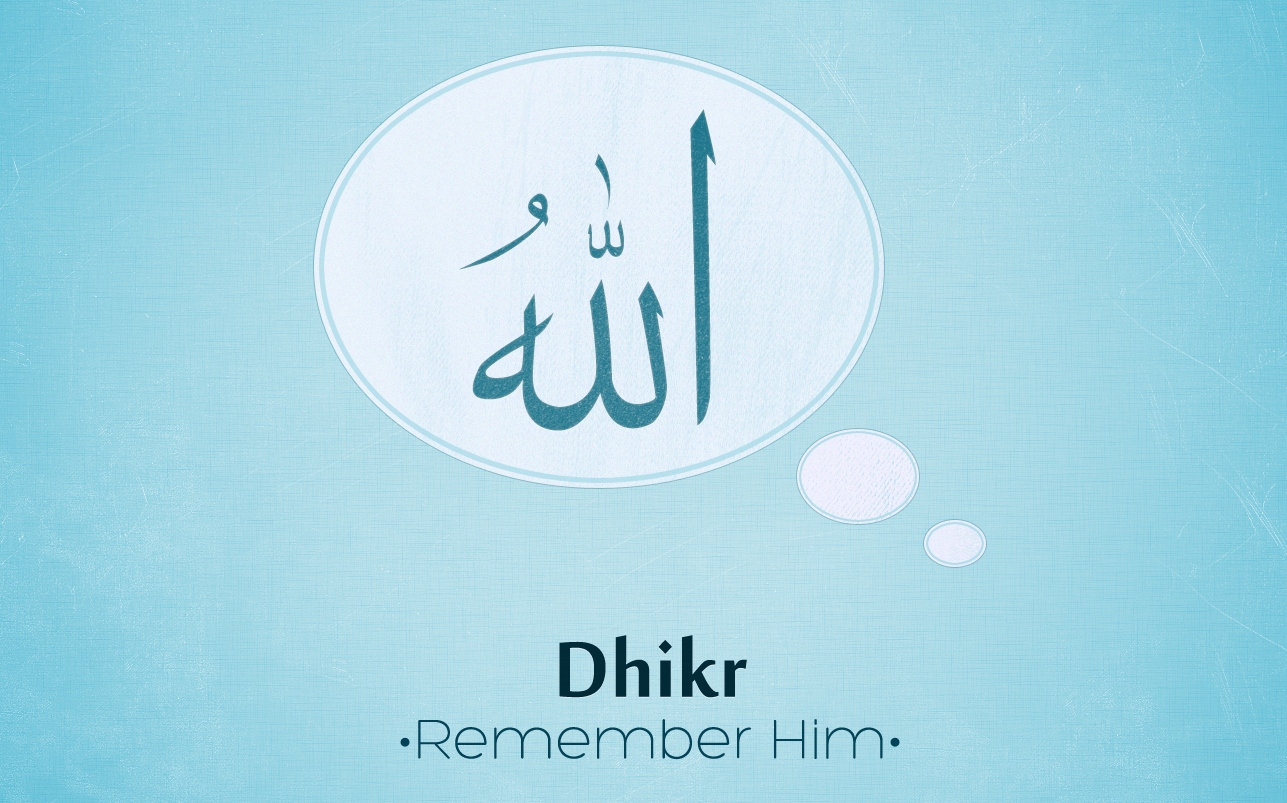

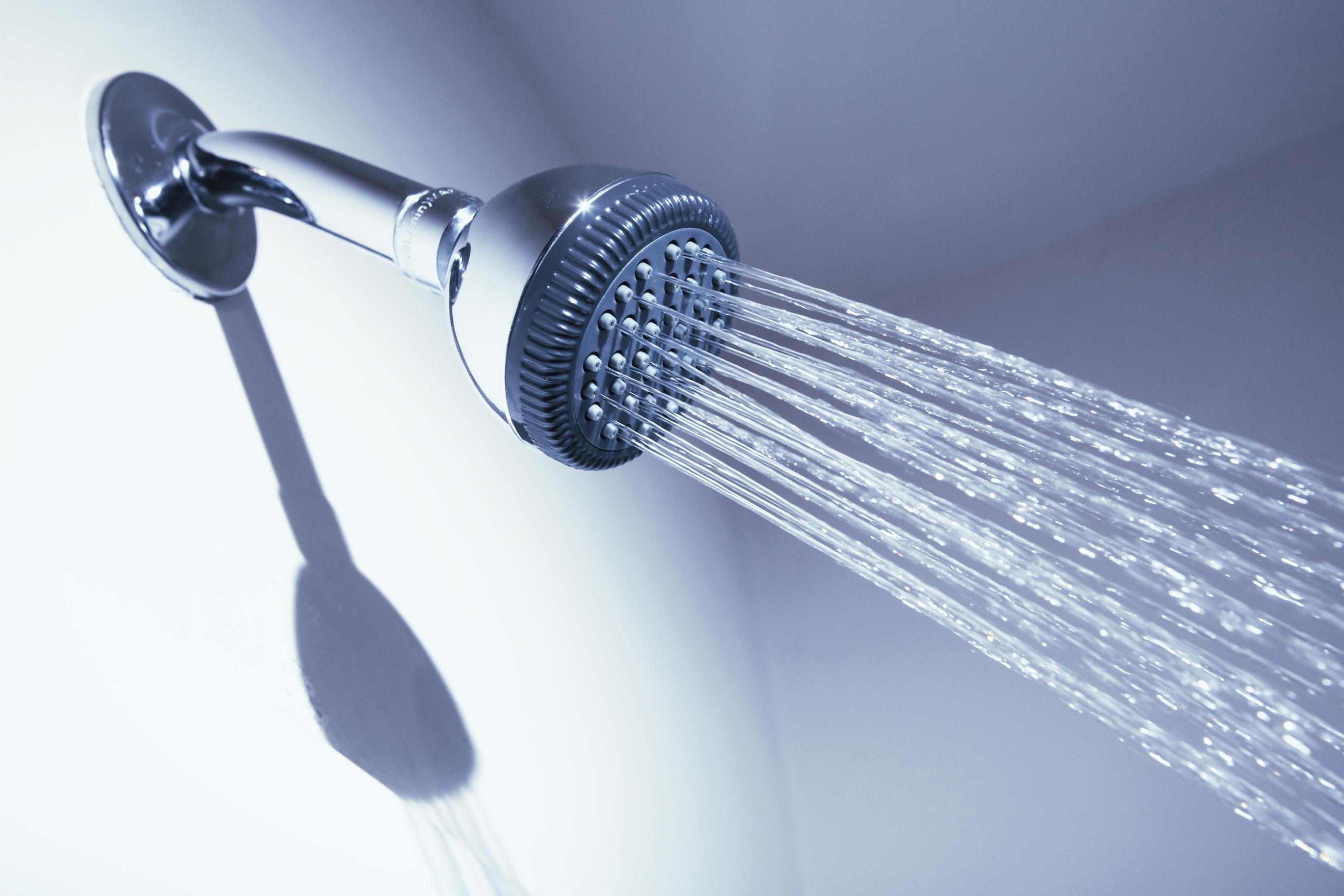

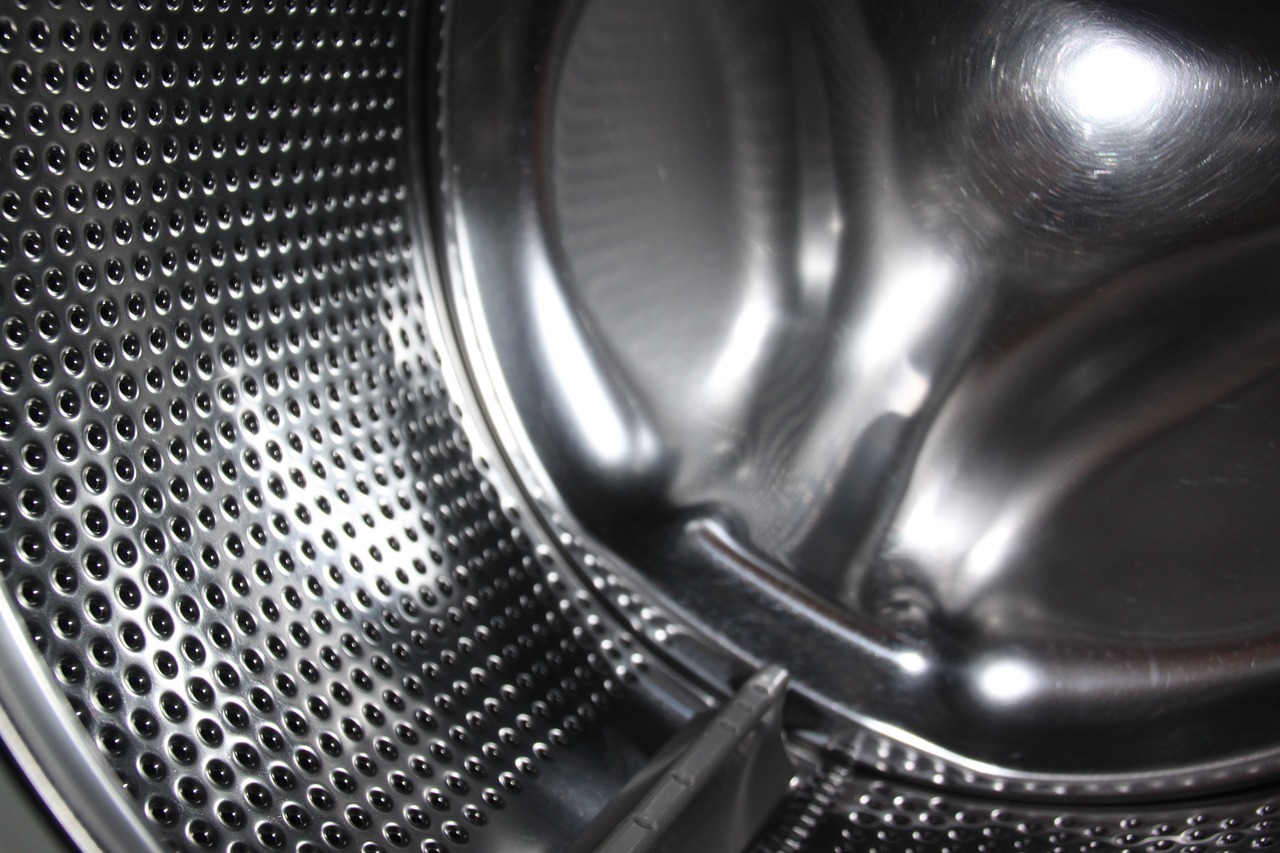

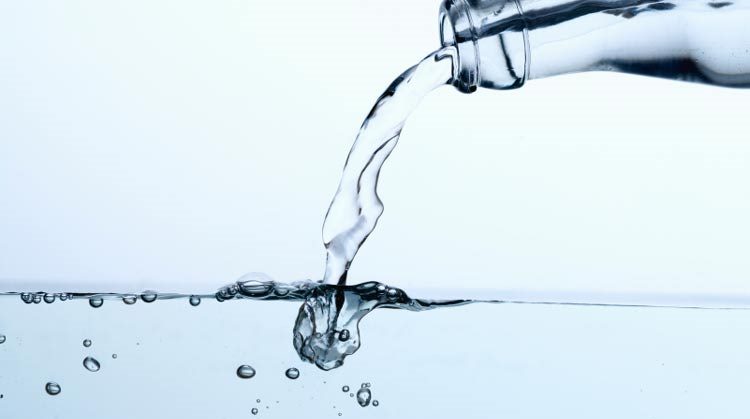
![[Q-ID0201] Can I recite the Qur’an, do dhikr and dua without wudu?](http://www.seekerspath.co.uk/wp-content/themes/hueman-pro/assets/front/img/thumb-medium-empty.png.pagespeed.ce.q0RS_Oe2Ar.png)








